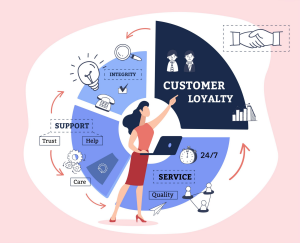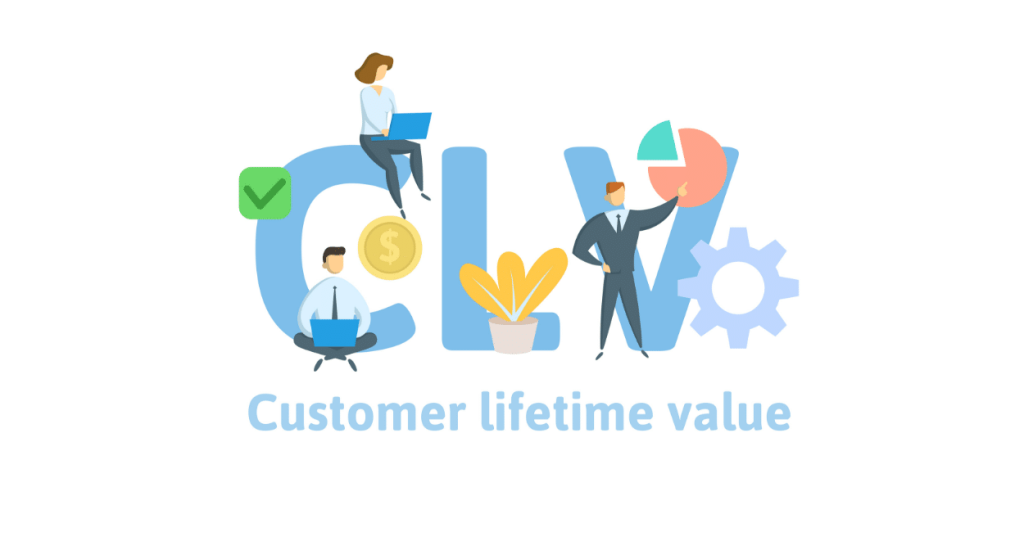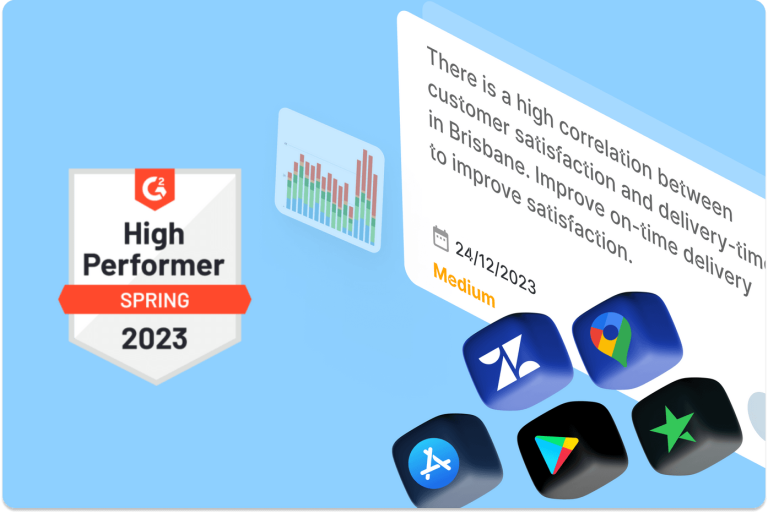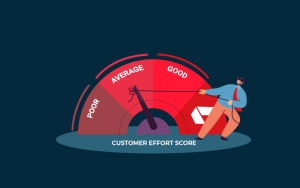
Customer Loyalty: What It Is and How to Get It
We’ve all experienced some form of customer loyalty in our lives, have we not? It’s when we felt attached to certain brands, recommended them, and supported them.

As a business owner or marketer, you’ve likely heard about customer lifetime value (CLV) and its importance in driving long-term business success. CLV represents the total amount of money a customer is expected to spend on a business’s products or services during their lifetime as a customer. The higher the CLV, the more valuable a customer is to a business.
But did you know that customer success plays a critical role in increasing CLV? In this blog post, we’ll explore the impact of customer success on CLV and why it’s important for businesses to focus on long-term customer value.
First, let’s define customer success. Customer success is a business strategy that focuses on helping customers achieve their desired outcomes with a company’s products or services. It involves proactive engagement with customers to ensure they are getting the most value out of their purchase and are satisfied with their experience.
Customer success involves a range of activities, including onboarding, training, support, and ongoing engagement. The goal is to build a long-term relationship with the customer and drive retention and revenue growth.
Now, let’s explore the relationship between customer success and CLV. Customer success can impact CLV in several ways:
Forget about reading through thousands of voice of customer data points.
Let our AI-powered ‘Insight Assistant’ flag the issues that matter so you can work faster, boost productivity, and save more time.
Data backs up the importance of customer success in driving CLV. According to a study by McKinsey & Company, companies that prioritize customer success see a 10-15% increase in revenue and a 20-30% increase in customer lifetime value. The same study found that increasing customer retention rates by 5% can increase profits by 25-95%.
Another study by HubSpot found that businesses that implement customer success strategies have a 26% higher retention rate and a 14% higher referral rate than those that don’t. This means that businesses with effective customer success programs are more likely to see long-term growth and success.
Finally, let’s talk about why businesses should focus on long-term customer value. While it’s tempting to focus on short-term revenue goals, businesses that prioritize long-term customer value are more likely to see sustainable growth and success.
By investing in customer success and focusing on the long-term, businesses can:
In conclusion, customer success plays a critical role in driving customer lifetime value and long-term business success. By prioritizing customer success, businesses can increase retention, identify upsell and cross-sell opportunities, and improve their brand reputation. The data shows that investing in customer success can lead to significant increases in revenue and customer lifetime value.
As a business owner or marketer, it’s important to remember that the customer’s success is your success. By focusing on their long-term needs and goals, you can build a loyal customer base that drives sustainable growth and profitability.
Want The Latest CX Intelligence?
Analyse all your voice of customer data in one place and empower your teams with actionable insights that help them understand the true voice of your customers.
✔Free forever ✔ No credit card needed ✔ Reduce Churn


We’ve all experienced some form of customer loyalty in our lives, have we not? It’s when we felt attached to certain brands, recommended them, and supported them.

Customer experience (CX) is an essential aspect of running a business, and it has become increasingly important to understand how customers perceive the experience.

In the era of data-driven decision-making, businesses are increasingly recognizing the pivotal role of customer data consolidation in shaping a seamless and personalized customer experience.
Don’t Let Your Competitors Understand Your Customers Better Than You
Don’t miss out. Try our 30-day Free Professional Trial.
